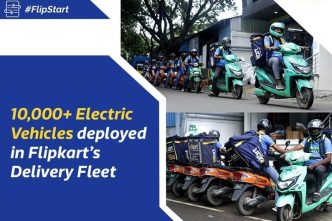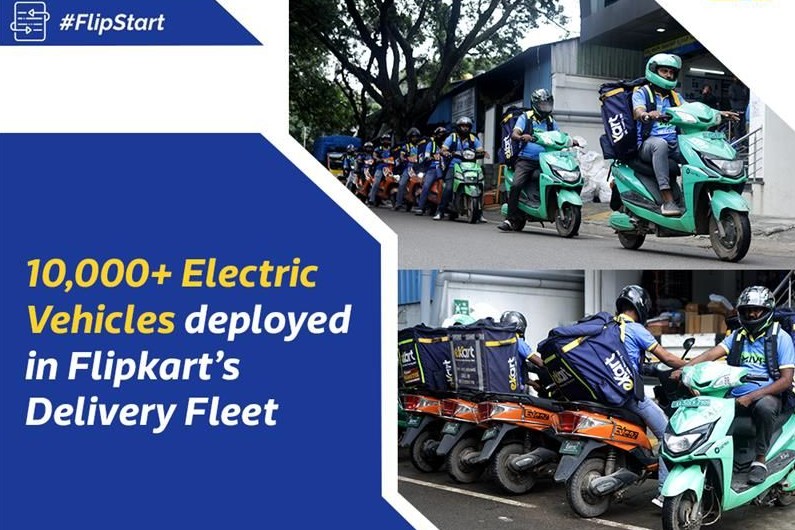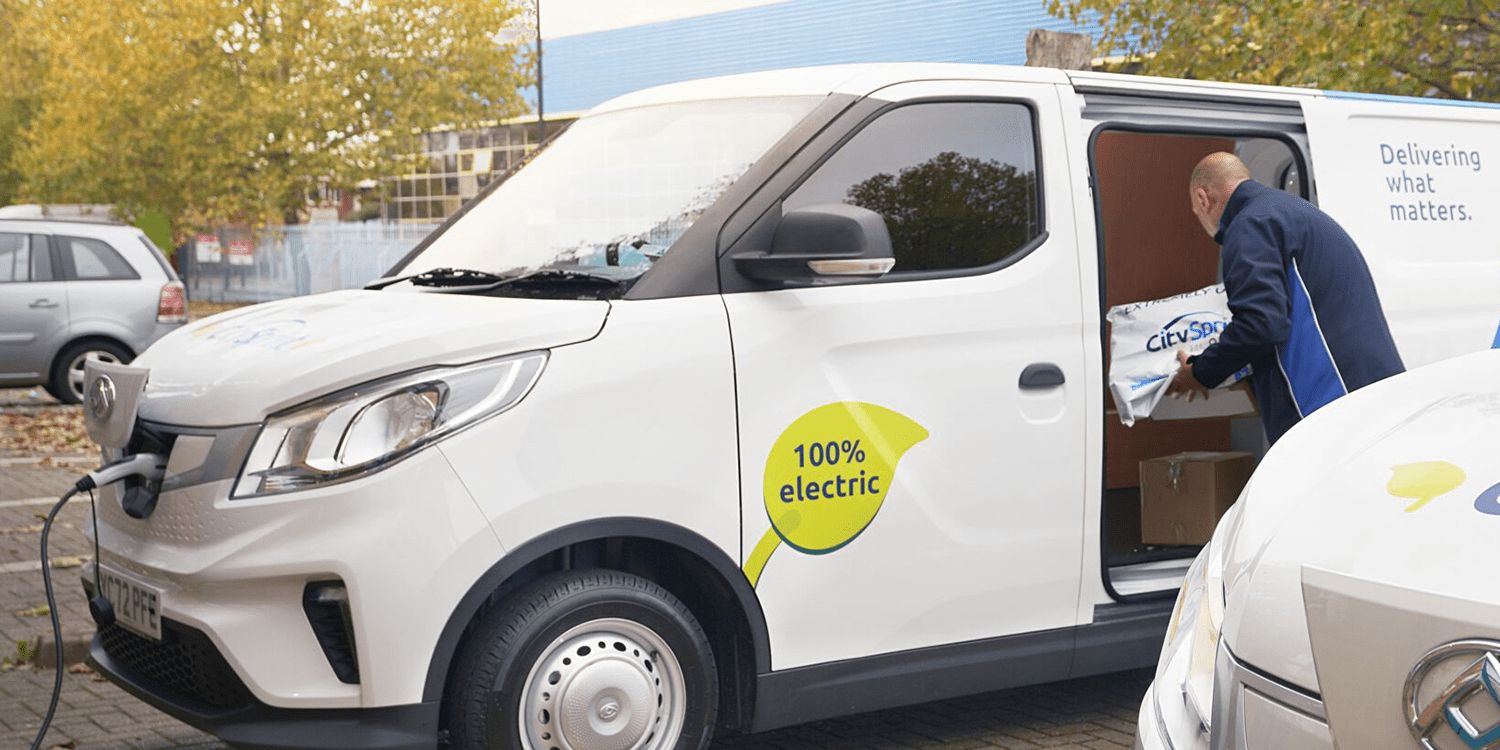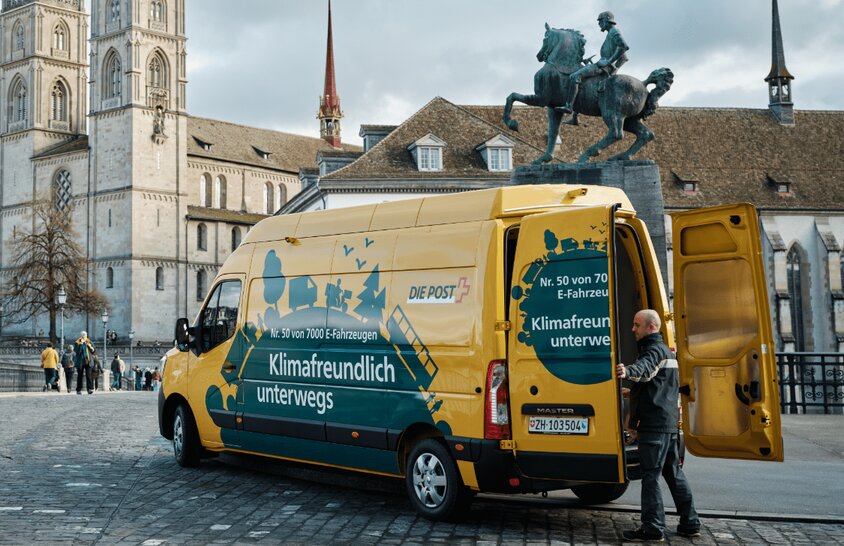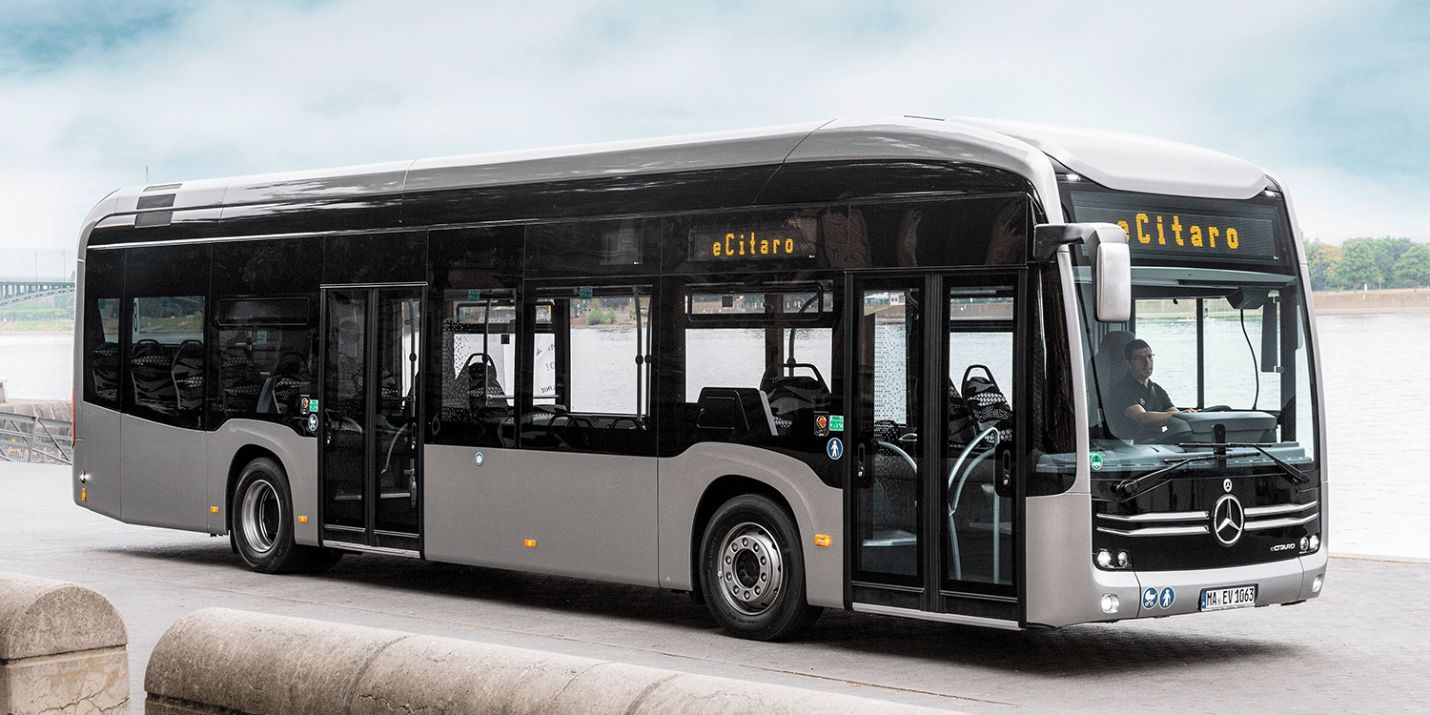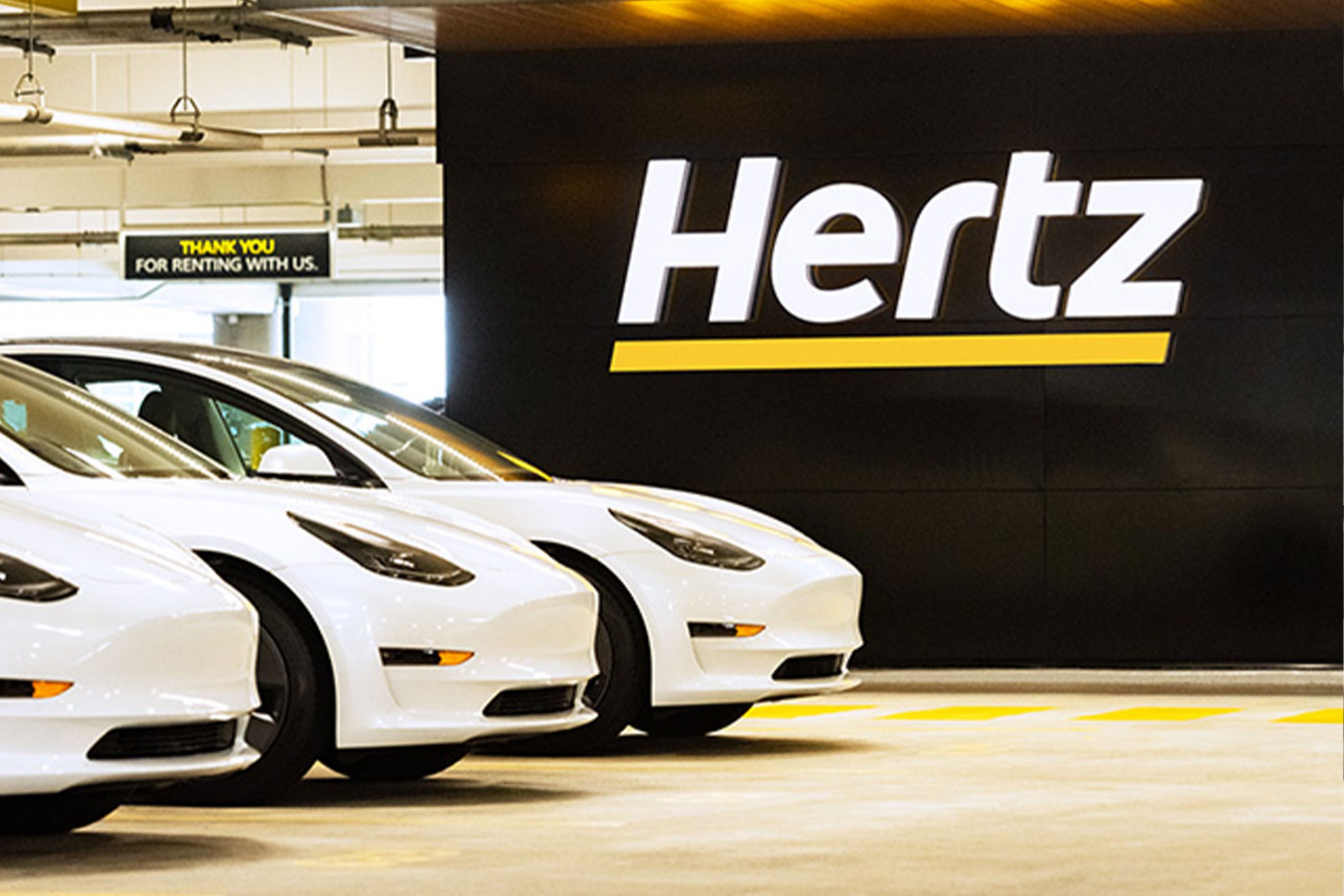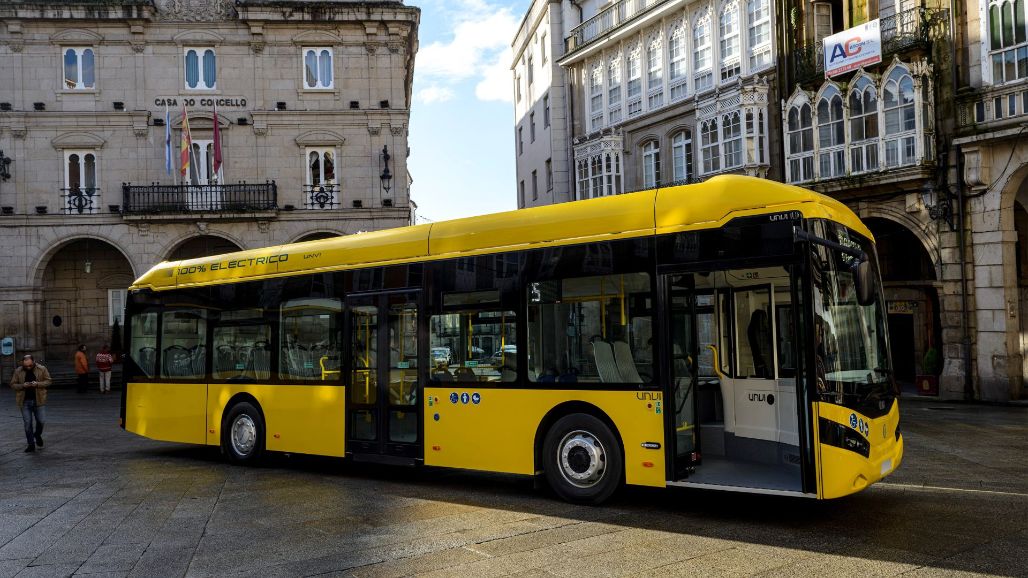Flipkart has expanded its electric vehicle (EV) fleet to over 10,000 units as part of its ongoing efforts to transition towards carbon-neutral operations. This expansion is the result of a seven-year phased deployment, which the company states has improved the speed of its last-mile deliveries by 20% and reduced order costs at the hub level. Currently, 75% of the EV fleet operates in Tier-I cities, including Bengaluru, Chennai, Delhi, and Hyderabad, although the company notes that deploying EVs in smaller cities remains a challenge.
To support this transition, Flipkart is also investing in charging infrastructure. In partnership with the Adani Group, the company is setting up 38 dedicated charging stations, with 190 charging ports, across key Tier-II cities. This infrastructure expansion is expected to help increase EV adoption in these regions.
Flipkart, which offers a wide range of products, including groceries, has seen notable adoption of EVs for its grocery deliveries. In August 2023, more than 55% of its grocery orders were delivered using EVs.
During the festive period in India (September-November), over 16% of grocery deliveries in Tier-II cities were made using EVs.
Flipkart joined the Climate Group’s EV100 initiative in August 2020, aiming for a fully electric last-mile delivery fleet by 2030. The company has partnered with various organizations, including OEMs, charging infrastructure providers, and financing agencies, to help achieve this goal.
In comparison, Amazon, Flipkart’s competitor, has deployed more than 24,000 EVs globally, including 7,200 EVs in India, and plans to expand its fleet to 10,000 EVs in the country by 2025.

